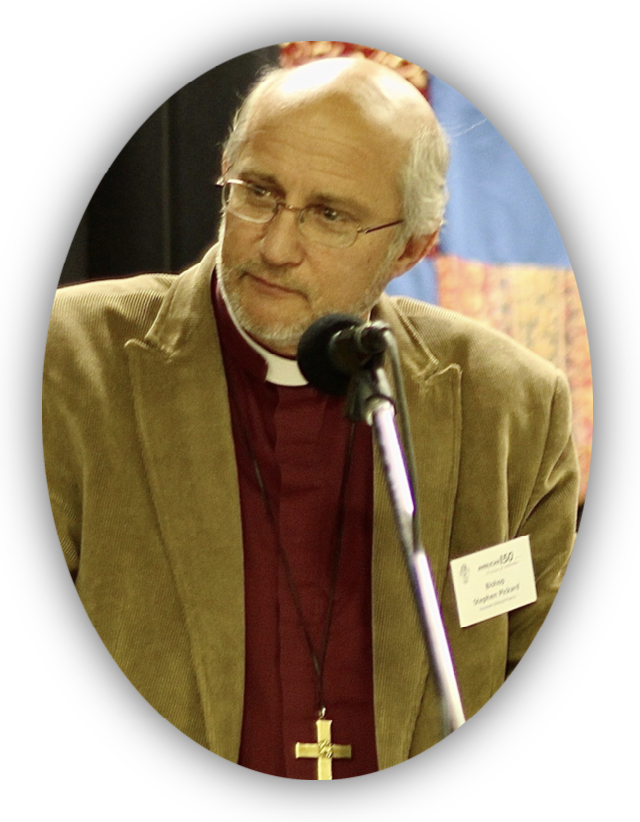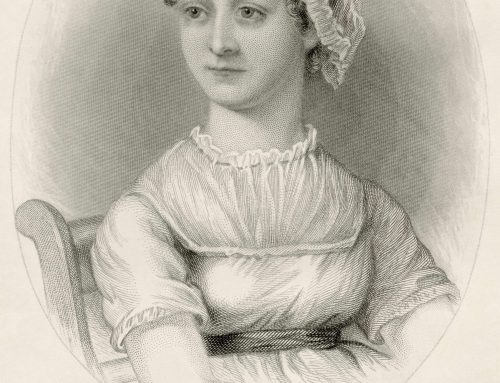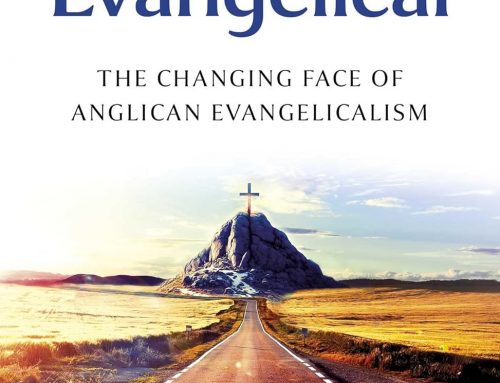Comprehensive Anglicanism: antipodean initiatives

The Rt Rev’d Stephen Pickard is a retired Anglican Bishop who has served as an assistant bishop in the Anglican Diocese of Canberra and Goulburn and as Executive Director of the Australian Centre for Christianity and Culture at Charles Stuart University, Canberra, where he is currently an Adjunct Professor.
In 2022 he was awarded the Cross of St Augustine for “significant service to the Anglican Communion as a theologian, teacher and bishop, and in particular in his service of the Inter-Anglican Theological and Doctrinal Commission and the Inter-Anglican Standing Commission on Unity, Faith and Order”.
In 2023 a number of concerned Anglicans from around Australia formed the National Comprehensive Anglicanism Network (NCAN). At the heart of this initiative was a concern for the church’s unity and witness to the gospel in a time of controversy, fracture and division. With this in mind NCAN has been established to support communication across local churches, agencies and individuals; to encourage grass roots Anglicans through resources relevant to Anglican life, spirituality and mission; to facilitate responses on a range of issues that concern the well-being and unity of the Anglican Church of Australia.
We live in times of significant transitions, increasing complexity and for many, disturbing uncertainties. One consequence of this is increasing conflict between different approaches to respond to this context. Progressive and conservative elements clash, new alignments emerge, and a tribal mentality quickly takes hold. These dynamics are a feature of our social, political and religious environment. This is the larger context in which Gafcon was invented in 2008: a radical effort from conservative forces to control the direction of the Anglican Communion.
Developments at the global level of Anglicanism are reflected in the Anglican Church of Australia. Most recently this concerns disagreement regarding same-sex relationships. In an earlier generation the focus was on the ordination of women as priests. And even now there are myriad matters (e.g. climate change, asylum seekers, racism, human sexuality, poverty, inequalities, technology, care of children, war and peace) that press in on the Body of Christ. NCAN has been set up to encourage responses to such matters that draw upon the rich traditions of Anglican Christianity that prize diversity, intelligent and reasoned argument, and a commitment to working together rather than apart. This includes our commitment to the Four Instruments of Communion that bind the world-wide Fellowship of Anglican Churches together as the Anglican Communion.
The national comprehensive Anglicanism network:
(a) Values a church where differences, and diversity of gifts, convictions and perspectives are welcomed as adding to the rich tapestry of God’s wisdom in the Body of Christ.
(b) Seeks a church where disagreements and conflicts, are wrestled and borne with.
(c) Is committed to finding and living in the truth together and not apart.
(d) Believes that this is the tried and tested way in history by which our witness to the love of God in Christ is experienced as transformative and upbuilding.
(e) Strives for a truly comprehensive Anglicanism; something urgently needed in times of conflict, division and fragmentation.
The Anglican Church of Australia traces its origins to the arrival of the British colonisers from 1788. Settlement occurred in separate colonies some distance apart in this large continent, resulting in individual states that united as a national country only in 1901. Unsurprisingly then, the Anglican Church of Australia reflects some of the critical and often competing traditions found in the Church of England – Anglo-Catholic, Evangelical, Broad Church – as introduced into the separate colonies. The resultant Constitution (1961) of the Anglican Church of Australia (formally so named after 1982) was a pragmatic attempt to hold together the inheritance of different theological traditions and emphases with a strong accent on the autonomy of individual dioceses compared to, for example, the more centralist governance of the Church of England. However, in an increasingly polarised environment the strains on our unity are severe. The NCAN initiative is a response to this context. The appeal to comprehensiveness is accordingly not an overture to ‘anything goes’ mentality (as some disparagingly say) but rather arises from a conviction that the truth of the gospel can only be found as Christians work together and not apart. This is never the easy or simple option, but we believe it is a faithful way forward for the Anglican Church of Australia.
Comprehensive Anglicanism: the longer tradition
Anglicans honour and value the many rich streams of theology and spirituality that have been part of Anglican history. Sometimes these streams appear to be in tension, incomplete or even to contradict each other. However Anglican life has always involved living with tensions, apparent paradoxes, and a degree of messiness for the sake of comprehending the whole truth. It involves honouring, valuing, and staying in relationship with others with whom we differ. This has not always been an easy or simple matter. But such a commitment is premised on a deeply held belief that we only find the fullness of truth together and not apart. We bear with each other even as Christ bore our sufferings and gave witness to the grace and power of God.
The Anglican Church claims continuity with the one, holy, catholic and apostolic church called into being by Jesus Christ himself and shaped by those he first called to follow him. The Anglican Church of Australia has enshrined these claims in its Constitution, in its unalterable Fundamental Declarations.
The third Declaration says:
This Church will ever obey the commands of Christ, teach His doctrine, administer His sacraments of Holy Baptism and Holy Communion, follow and uphold His discipline and preserve the three orders of bishops, priests and deacons.
Anglicanism also incorporates the truths grasped at the time of the Reformation movements in the 16thand 17th centuries when abuses in the church were challenged and theological distortions corrected. So, Anglicanism claims to be both catholic and reformed. Anglicanism also embraces truth discovered and established by all fields of investigation and enquiry. It embraces truth that is discovered through human reason and experience.
This understanding of Anglicanism was faithfully and succinctly set out by the 1968 Lambeth Conference of Bishops by reference to the idea of ‘comprehensiveness’:
Comprehensiveness is an attitude of mind which Anglicans have learned from the thought-provoking controversies of their history……………………………………………………………………….. Comprehensiveness demands agreement on fundamentals, while tolerating disagreement on matters in which Christians may differ without … breaking communion. In the mind of an Anglican, comprehensiveness is not compromise. Nor is it to bargain one truth for another. … Rather it implies that the apprehension of truth is a growing thing: we only gradually succeed in knowing the truth … [W]e believe that in leading us into the truth the Holy Spirit may have some surprises in store for us in the future as he has had in the past. (Lambeth Conference 1968, 140-41).
This statement captures well the spirit of our concern for a contemporary Australian Anglican Church. This comprehensive Anglicanism values all the strands in the Anglican heritage and invites everyone, no matter their particular convictions, emphases or preferences, to see those who differ as gifts from God to be valued and learned from rather than merely tolerated, or worse still, rejected and excluded. It strives to live and wrestle with disagreements, paradoxes, and apparent contradictions inthe belief that God’s Spirit will lead us together into the fullness of truth and love in the life of theTriune God.
This approach to our life together in the Body of Christ regards unity and truth as deeply tied to each other. Neither unity in the truth, nor truth through unity can stand alone; they are co-related and organically knit together. Where this close bond is ignored or dismissed the result, as history shows, is schism and the fracturing of the truth of the gospel of Christ.
We will soon launch a website with resources and mailing list to connect all who desire to uphold the church’s unity and witness to the gospel. In the meantime, if you wish to register your interest for joining our mailing list, once it is established, please contact support@ncan.au with your details.
Grace and Peace
The Rt. Rev’d Dr. Stephen Pickard
Chair NCAN
Australia
July 2023





